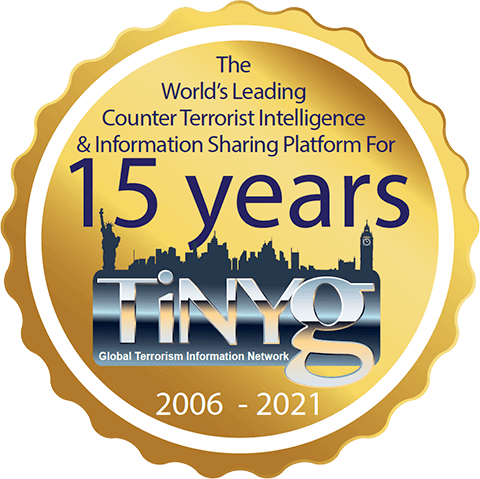10/06/22
Terrorist groups exploiting power vacuums in Africa, says UN
Addressing the UN Global Counter-Terrorism Coordination Compact in New York on Wednesday, Secretary-General António Guterres has warned of the growing terrorism risk to Afica.
“Groups like Al-Qaida, Da’esh and their affiliates are continuing to grow in the Sahel and make inroads into Central and Southern Africa. They are exploiting power vacuums, longstanding inter-ethnic strife, internal weaknesses and state fragilities,”
The meeting, which brings together more than 40 UN agencies, discussed the situation in conflict-affected countries, such as the Democratic Republic of the Congo, Libya and Somalia, where terrorism has intensified cycles of violence, undermining peace efforts, and setting back development goals.
Terrorists are also now seeking to exploit government mistrust in largely peaceful countries such as Mozambique and Tanzania, the conference heard.
Despite these challenges, Guterres was convinced that progress is possible, based on his visit last month to Borno State in northern Nigeria. The region was formerly a stronghold of the extremist group Boko Haram, which is now losing ground. He said:
"I was so impressed by the meetings I had with former fighters in one of the centres, with the meetings I had with victims and with this sense that Boko Haram, that was born in Borno State, is now clearly losing ground because the people have assumed largely, themselves, the capacity to undermine the work and the terrorist actions of Boko Haram,”
Sub-Saharan Africa accounted for 48 per cent of deaths attributed to terrorist groups globally last year.
UN Under-Secretary-General for Counter-Terrorism, Vladimir Voronkov, added.
“Increased terrorist activities, both in conflict and non-conflict settings, have continued to fuel chaos and the death of innocent civilians. This amplifies inter-communal tensions and humanitarian crises, and undermines state authority and development.
“The magnitude of the challenge is further compounded by complex relationships between terrorists, armed groups and criminal networks, as well as the political upheaval caused by recent coups d’état.”
Voronkov stressed that closer international cooperation with regional organisations was needed.
Related Links
Back to index

